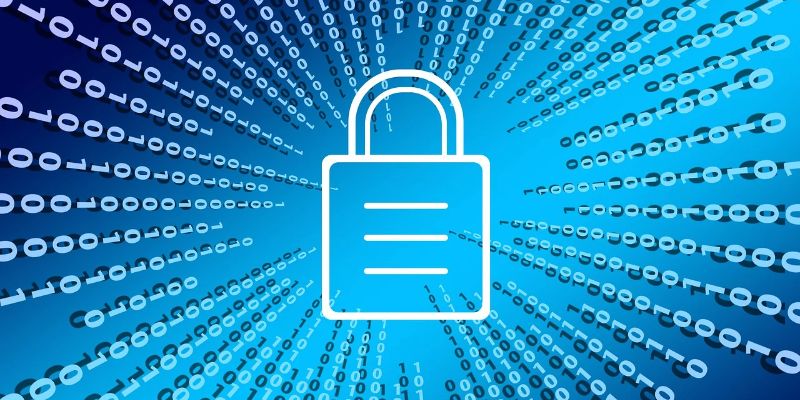Cryptocurrencies have introduced a new paradigm of security and privacy considerations, requiring users to adopt proactive measures to safeguard their funds and personal information. In this blog, we will explore the importance of secure wallets, best practices for protecting your cryptocurrency holdings, and the role of privacy-focused cryptocurrencies.
- Secure Wallets: Choosing a secure wallet is crucial for protecting your cryptocurrencies. Wallets come in different forms, including hardware wallets, software wallets, and web wallets. Hardware wallets, such as Ledger and Trezor, are considered one of the most secure options as they store your private keys offline. Software wallets, like Exodus and Electrum, provide a balance of security and convenience. Web wallets, on the other hand, are more susceptible to hacking and phishing attacks and should be used with caution. It’s essential to research and choose a reputable wallet provider and regularly update the wallet software to protect against potential vulnerabilities.
- Two-Factor Authentication (2FA): Enabling two-factor authentication adds an extra layer of security to your cryptocurrency accounts. By requiring a second verification step, usually through a mobile app or SMS, 2FA helps protect against unauthorized access even if your password is compromised. Most reputable cryptocurrency exchanges and wallets offer 2FA as an option, and it is highly recommended to activate this feature for enhanced security.
- Strong Passwords and Phishing Awareness: Using strong, unique passwords for your cryptocurrency accounts is crucial. A strong password should consist of a combination of uppercase and lowercase letters, numbers, and special characters. Avoid reusing passwords across different platforms to mitigate the risk of a single breach compromising multiple accounts. Additionally, be vigilant about phishing attempts, as attackers may try to deceive you into revealing your login credentials or private keys. Double-check the website URLs, avoid clicking on suspicious links, and be cautious when sharing sensitive information.
- Regular Software Updates: Keeping your wallet software, operating systems, and antivirus software up to date is crucial for maintaining security. Developers regularly release updates to address security vulnerabilities and improve software performance. Set up automatic updates or regularly check for updates and install them promptly to ensure you have the latest security patches.
- Privacy-Focused Cryptocurrencies: Privacy-focused cryptocurrencies, such as Monero (XMR) and Zcash (ZEC), prioritize user privacy by employing advanced cryptographic techniques. These cryptocurrencies use features like ring signatures, stealth addresses, and zero-knowledge proofs to obscure transaction details and maintain anonymity. If privacy is a top concern, consider using these privacy-focused cryptocurrencies for your transactions.
- Offline Storage (Cold Wallets): Consider storing a significant portion of your cryptocurrency holdings in an offline storage solution, often referred to as cold wallets. Cold wallets are typically hardware wallets or paper wallets that keep your private keys offline, away from potential hacking attempts. This strategy, known as cold storage, provides an added layer of protection against online threats and is recommended for long-term storage of cryptocurrencies.
In conclusion, security and privacy are vital aspects of managing cryptocurrencies. Utilizing secure wallets, enabling two-factor authentication, practicing good password hygiene, staying vigilant against phishing attempts, and considering privacy-focused cryptocurrencies can help protect your funds and personal information. By adopting best practices and staying informed about emerging security threats, you can enjoy the benefits of cryptocurrencies while minimizing risks.





